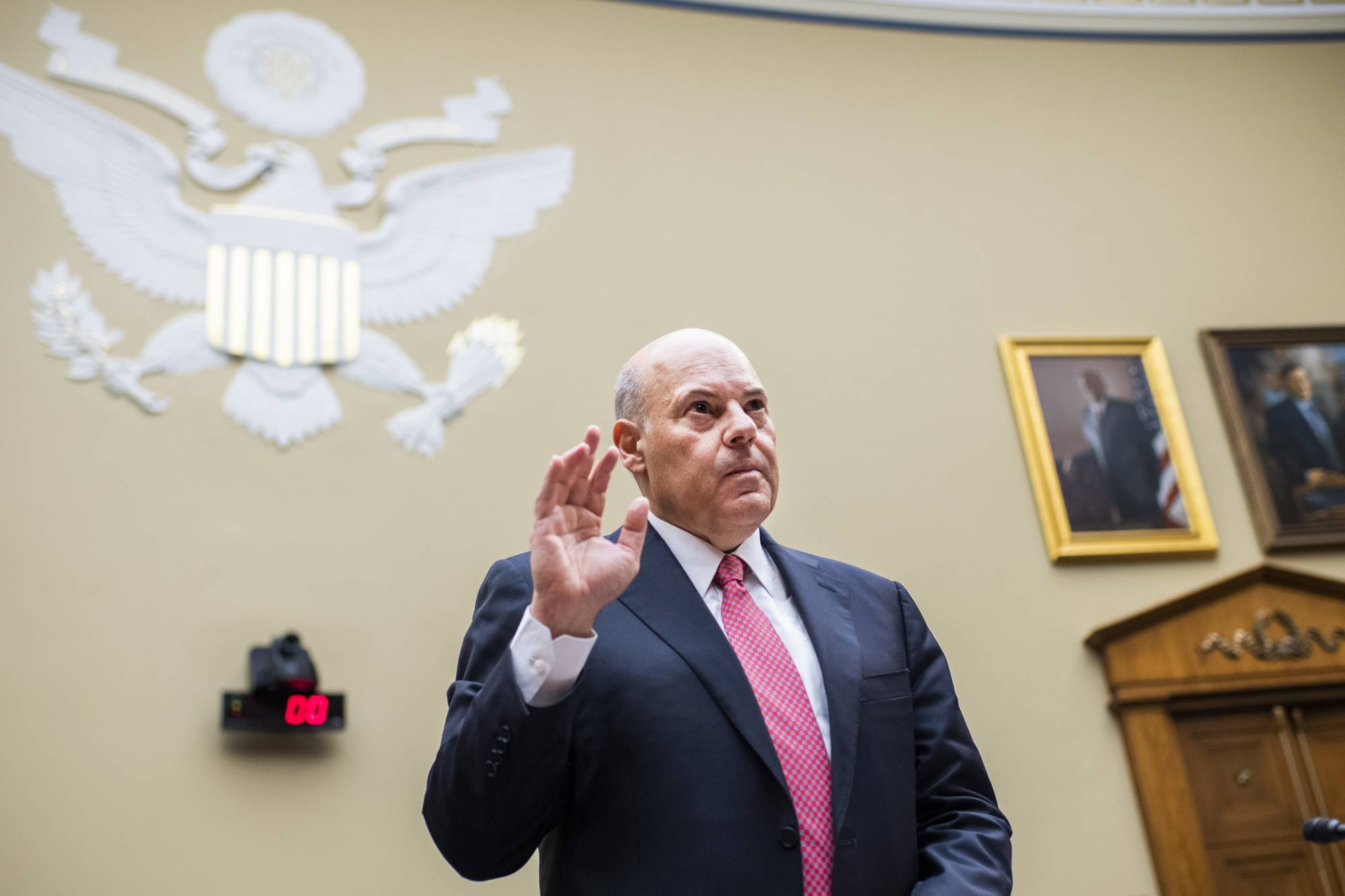Hardball health care option may cost Trump and taxpayers
A hardball health care tactic to force congressional Democrats to negotiate on President Donald Trump's budget priorities may backfire
WASHINGTON (AP) — Counting down to a budget deadline, the White House has toyed with a hardball health care tactic to force Democrats to yield on President Donald Trump’s priorities.
The administration just might eliminate billions of dollars in disputed “Obamacare” subsidies.
But a study out Tuesday from a nonpartisan group suggests that could backfire. Stopping the Affordable Care Act payments at issue may actually wind up costing the federal government billions more than it would save.
The Kaiser Family Foundation found that taxpayers would end up paying 23 percent more than the potential savings from eliminating the health law’s “cost-sharing” subsidies, which help low-income people with insurance deductibles and copayments.
It works out to an estimated $2.3 billion more in 2018, or an additional $31 billion over 10 years.
How’s that possible? The short answer is that insurers would still be free to raise premiums, driving federal spending even higher because premiums are also subsidized under a different provision of the program. “You end up with a counter-intuitive result,” said Larry Levitt, one of the study’s authors.
Former Congressional Budget Office director Douglas Holtz-Eakin, a Republican economist, reviewed the Kaiser study for The Associated Press and concurred. “I think this may even be a conservative estimate,” he said. “It says what’s at stake: double-digit premium increases and more money out of the Treasury, not less.”
An earlier study from Covered California, the health insurance marketplace in the nation’s most populous state, reached similar conclusions.
The cost-sharing subsidies amount to about $7 billion this year. Provided to low-income customers who buy a silver-level plan, the assistance can reduce deductibles of several thousand dollars to just a couple of hundred. About 3 in 5 consumers on HealthCare.gov and state marketplaces qualify. The cost-sharing help is provided directly by insurers, who are reimbursed by the government.
The money is under a legal cloud because of a federal judge’s ruling in a lawsuit by House Republicans against the Obama administration.
The judge agreed with GOP lawmakers that the health law lacked a specific congressional appropriation for the subsidies, meaning that spending the money would violate the Constitution. All parties have agreed to put the ruling on hold and the disputed payments continue.
Congress could clear up the issue by appropriating the money in the pending budget bill to keep the government running and avoid a partial shutdown by this weekend. That bill is looming as a test of whether Washington can carry out basic government functions in the contentious Trump era.
Or the new administration could appeal the district judge’s ruling, as the Obama administration had planned.
With no resolution, the situation has compounded uncertainty over the ultimate fate of “Obamacare.”
Trump has suggested the cost-sharing subsidies could be a bargaining chip to bring congressional Democrats to the table on health care, after an unpopular GOP alternative bogged down.
And White House budget director Mick Mulvaney has suggested the health care payments could be tied to Democratic support for financing the president’s wall on the Mexican border.
Trump and GOP lawmakers still say they want to repeal Obama’s health law, which provides coverage for some 20 million people through subsidized private coverage and expanded Medicaid.
Insurers, doctors, hospitals, consumer groups and the U.S. Chamber of Commerce have urged lawmakers to preserve the cost-sharing subsidies, warning that insurance markets could unravel without the money, jeopardizing coverage for millions.
By law, insurers are obligated to provide the assistance even if government repayment isn’t guaranteed. Without the money, insurers might just bail out of the program altogether. But the Kaiser study modeled what might happen if companies stayed in the market even without government reimbursement for their cost-sharing expenses.
To compensate, those insurers would have to jack up premiums to cover what they’d spend on helping consumers with deductibles and copayments. Premiums are subsidized separately, and there is no legal dispute about those payments. Part of the reason overall government spending would increase is that many more people get subsidized premiums than receive cost-sharing assistance.
The premium increases would be higher in states that have not expanded Medicaid under the Obama health law, the Kaiser study also found. Those states tend to be Republican-led and supportive of Trump in last year’s election.
“Either this ends up costing the federal government more money, or there’s chaos that leads to people losing their health insurance,” said the Kaiser Foundation’s Levitt. “This would hardly be an orderly transition to a new system.”
The White House says no final decisions have been made.
Copyright © 2024 Federal News Network. All rights reserved. This website is not intended for users located within the European Economic Area.





